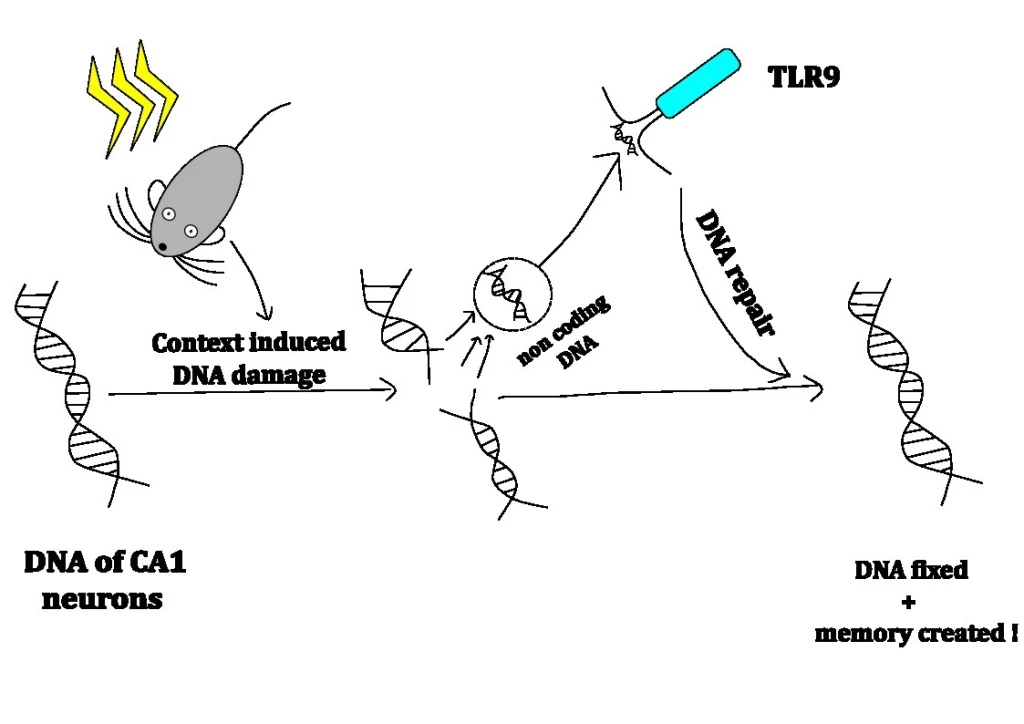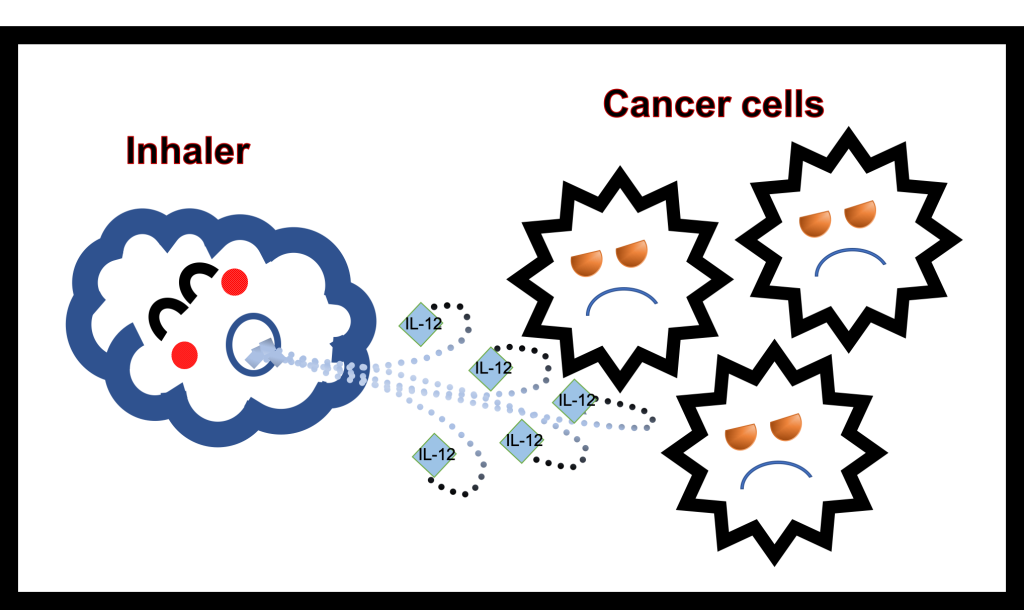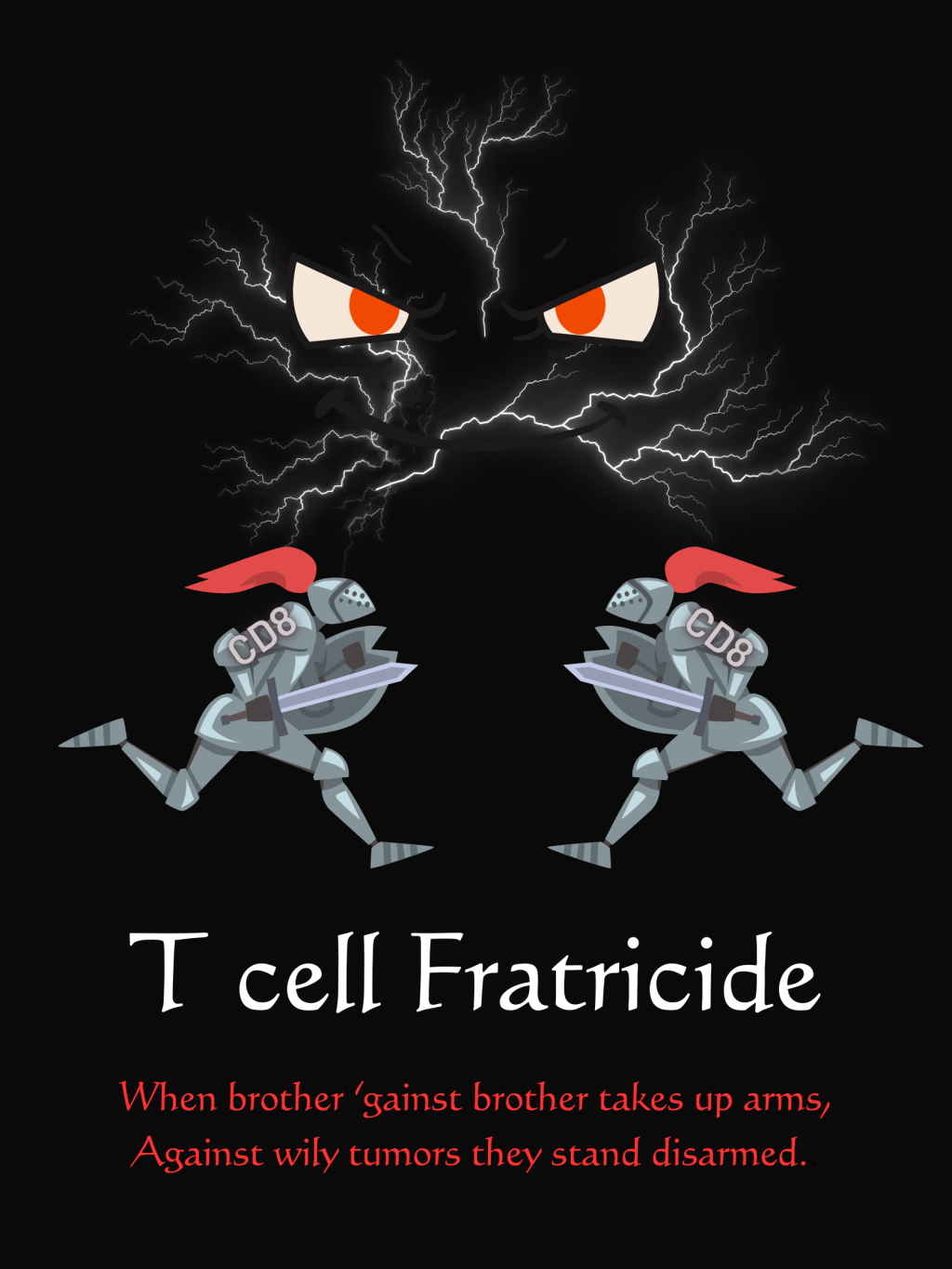Over the past two decades, we are growing to recognize the importance of mental health, which has historically been ignored. Today, in many parts of the world, mental health is given almost equal priority to physical health. Clinical depression, also known as major depressive disorder, is one of the most common mental health disorders, affecting about 5% of the world’s adults. About 280 million people worldwide have fallen victim to a spectrum of depressive episodes ranging from mild to severe forms. Psychological and social conditions paired with biological factors like genetics are commonly attributed to major depressive disorder.
Recent bodies of work have also shown that chronic stress can lead to immune cell-mediated inflammation in the brain, that in turn leads to psychiatric disorders. This link between immune cells and mental health is further complicated when we bring the gut into consideration. Zhu and colleagues highlighted the complexity of clinical depression in their recent study published in Nature Immunology, drawing lines between neuroimmunology, gut microbiology, and psychological well-being.
Rather than summarizing this study in a single line, we will go step by step, starting with the gut.
Mice subjected to chronic social defeat stress (CSDS, a model to mimic depression & anxiety) for ten days, may either be susceptible or resilient to its effects using social avoidance as a metric. Susceptible mice were found to have much lower numbers of a specific species of Lactobacillus (called L. johnsonii) in their colon. Interestingly, when the microbiome of patients suffering from major depressive disorder was analyzed, patients with a higher abundance of Lactobacillus had less severe symptoms than their counterparts. This sparked the question, why was this strain so crucial in depression outcome?
Looking from an immunological perspective, the gut bacterium Lactobacillus has been previously shown to help with the differentiation of regulatory T cells. But when the T cell profile of the colons of resilient mice was compared to that of susceptible mice, γδ T and γδ17 T cells were significantly higher in the colons and small intestines of susceptible mice. Surprisingly, the same increase was also observed in the protective membrane layers surrounding their brain and spinal cord, called the meninges. γδ T cells are a heterogeneous subpopulation of T cells that have functions pertaining to both adaptive and innate immune systems. Previous studies have shown their involvement in brain function too, like modulation of anxiety-like behavior and regulation of short-term memory through cytokines like IL17 and IL17a.
If the lowered population of this Lactobacillus species population led to increased γδ T cells and subsequent social avoidance behavior, would administering these bacteria to the mice revert their behavior? Indeed, it did! Mice fed with these bacteria had reduced γδ T cell accumulation and increased resilience. Additionally, depletion or deletion of γδ T cells showed improved phenotypes compared to their controls. Lastly, when γδ T cells were adoptively transferred into the γδ T cells knockout mice, the CSDS phenotype was restored in them, along with the migration of these T cells to the meninges. All of this pointed towards the differentiation of γδ T and γδ17 T cells in the gut due to chronic stress, followed by their migration to the meninges, and the induction of stress-susceptible behaviors.
The final line that connects γδ T cells with Lactobacillus is the role of a surface protein on γδ T cells called Dectin-1. This receptor protein is part of the innate immune response and has been shown to regulate both inflammation and differentiation mediated by – you guessed it – Lactobacillus johnsonii. Turns out, these bacteria break down fungal cell walls that produce polysaccharides that activate Dectin-1.
In this study, mice with knocked out Dectin-1 showed no CSDS susceptibility. Moreover, the addition of the γδ T cells from these Dectin-1 knockout mice to mice deficient in γδ T cells also failed to induce CSDS. Lastly, when mice were treated with a ligand of Dectin-1 during the CSDS experiments, their behavior was improved as compared to the controls. This indicates a strong correlation between the imbalance of intestinal L. johnsonii-fungi populations and dysregulation of Dectin-1 signaling, finally leading to depressive symptoms.
Hence, through niches spanning from the colon to the brain, this study sheds light on how modulation of intestinal bacterial populations influences γδ T cells’ differentiation and migration to the brain, ultimately affecting mental health. The major limitation of the study remains the extensive use and dependence on mice models and the fact that at a psychological level, humans are much more complex than mice. But the research does solidify the overall role of γδ T cells – microbiome axis on psychosocial disorders like depression and anxiety. It also demonstrates Dectin-1 as a potential target for major depressive disorder therapeutics, which should be further investigated.
Source:

Article author: Kevin Merchant. Kevin is a PhD student at Helmholtz Munich, working at the intersection of computational biology and drug development against Idiopathic pulmonary fibrosis. He aims to simplify latest research so that it becomes accessible to all.
Want your article featured in Antibuddies blog? Contact editor-in-chief- Dr. Sutonuka Bhar at antibuddies1@gmail.com.
Share this article in twitter by clicking below:
Check out Antibuddies’ blog post “The Intestinal Immune System and Clinical Depression”.
Tweet






Leave a comment